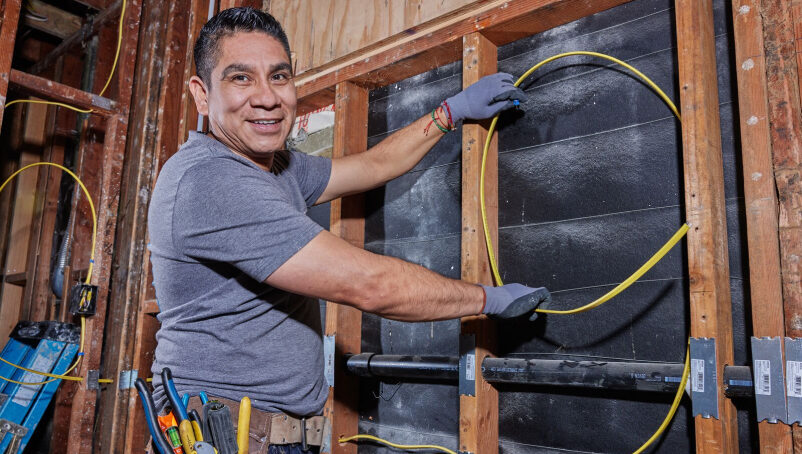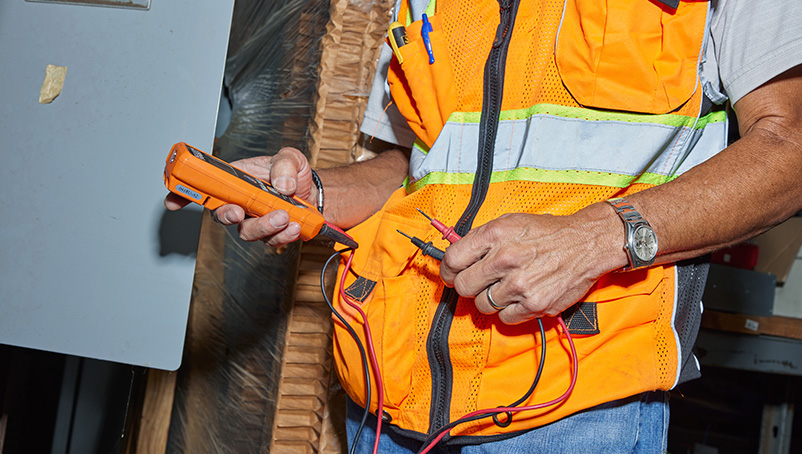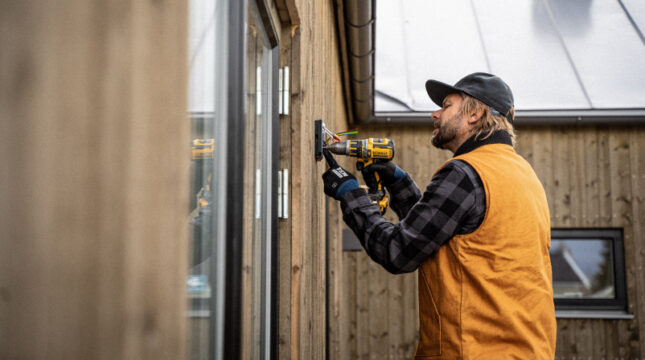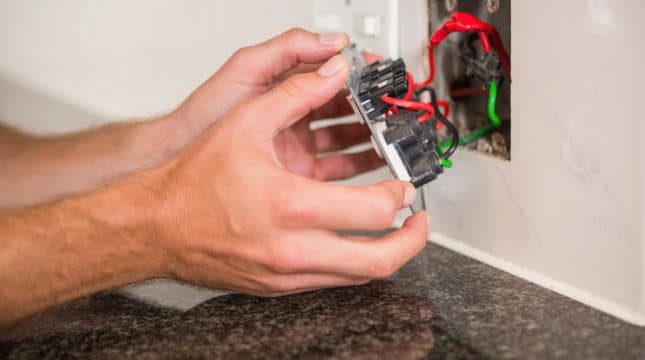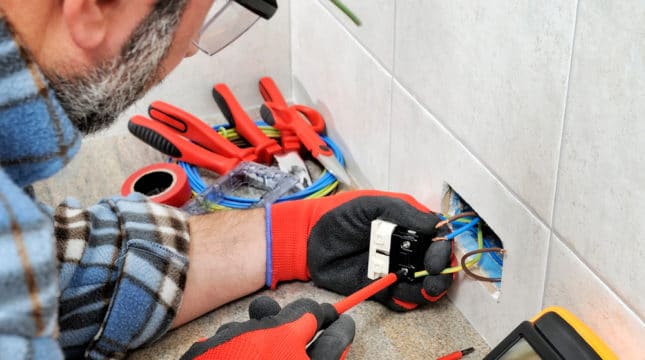How to become an electrician in California
California commercial and residential electricians must obtain a C-10 license to bid on projects valued at $500 or more. The state applies the following definition to determine what types of electrical work require a license:
“An electrical contractor places, installs, erects or connects any electrical wires, fixtures, appliances, apparatus, raceways, conduits, solar photovoltaic cells or any part thereof, which generate, transmit, transform or utilize electrical energy in any form or for any purpose.”
To earn an electrician license, California applicants must have at least four full years of experience as an electrician, either at the journeyman level or as a foreperson, supervisor or contractor.
You must include details about your hours of work experience as well as verification from an employer, foreperson or supervisor in your Certification of Work Experience form. General electricians in California must apply for a license through the Contractors State License Board (CSLB).
To qualify for a California electrician license, you must complete the following five steps:
1. Verify your work experience
Report and confirm your past job experience as an electrician by filling out the Certification of Work Experience form and including it with your application.
2. Pay the application fee
You must submit a nonrefundable payment of $450 with your California electrician license application.
3. Get fingerprinted
You must submit a full set of fingerprints so that the CSLB may conduct a criminal background check.
4. Pass two exams
You must pass two exams: an exam covering law and business topics and a general electrician exam covering the electrical trade, such as troubleshooting and electrical system requirements. The exams feature a multiple-choice format and are not open book. You must take both closed-book exams at an official testing site.
5. Submit your license fee
After passing the examination, you must submit an initial license fee ($200 for sole owner or $350 for non-sole owner).
Insurance for California electricians
Electrician insurance can help cover your work once you become a licensed contractor. Consider these types of California business insurance for electricians.
Workers’ compensation insurance
California electricians with employees must have workers’ compensation insurance to secure and maintain their contractor license. This insurance can help provide wage protection and coverage for medical expenses if you or an employee gets hurt on the job.
You must submit a certificate of insurance as proof of your workers’ comp coverage. This certificate must be written by an insurance company licensed through the California Department of Insurance, with CSLB listed as the Certificate Holder.
If you do not have any employees, you must submit a signed exemption form with your application.
General liability insurance
California general liability insurance can help cover work-related accidents, like damage to someone’s property or a client injury.
Tools and equipment insurance
Tools and equipment insurance can help cover the cost of repairs and replacements if something happens to your work gear, like theft or damage.
Commercial auto insurance
If you drive for work, commercial auto insurance can help cover costs related to accidents, such as property damage and medical expenses.
Commercial property insurance
Commercial property insurance can help provide coverage for damage or vandalism to a property you own or rent.
